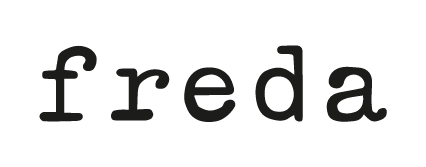Periods and Refugees - The Hidden Problem
Every year, we celebrate World Refugee Day and the subsequent hashtags #withrefugees and #moreincommon start trending on twitter and other social media platforms. According to the UN released figures the number of refugees in the world has reached the highest level ever recorded. Estimates suggest it will be 65.3m people by the end of 2016. On average 34,000 people per day have to flee their homes and their violent countries.
Have we ever paused and thought about the practical challenges that face all refugees but particularly women and girls.
On average 34,000 people per day have to flee their homes and their violent countries.
In times of emergency, all life saving measures are put into place by aid and humanitarian agencies. Menstrual hygiene, however, is not considered a life-saving priority although of all the taboos preventing people living full and healthy lives, those connected to periods are amongst the most damaging. Menstruation doesn’t kill you but the silence and the stigma around a natural process is harming girls’ education and putting girls’ health and safety at risk.
“Menstruation is a taboo in pretty much every society and it’s often seen as something negative, something that needs to be hidden” International Rescue Committee (IRC)
We are blessed in the west and the developed world to have unconditional access to sanitary products – we can buy cheap non-branded pads, branded tampons and now organic cotton ones. The majority of women and girls around the world don’t even have the luxury of having anything, resorting to rags, cotton wool, pages from an exercise book or leaves from trees and in some instances just squatting.
For refugee women and girls the lack of access to period essentials is felt even more strongly. Cultural taboos prevent women from coming forward and asking for support and aid agencies have been slow to integrate menstrual health into their programmes. No one in the humanitarian cluster system is officially responsible for this.
Lack of access is not the only problem. Refugee camp designs can make it hard to change pads discreetly and wash. Water and sanitation engineers are often male and may not take female menstrual needs into consideration.
In some camps, bins for pads disposal are far from toilets, in full view of the camp. So women opt to change pads after nightfall, a time that puts them at risk of violence.
We cannot empower girls around the world unless we provide them with the basic solution to many of the problems they face. With sanitary products, young girls and women can take part in life fully without worrying about their menstrual cycle. They can attend classes at school, they can go to work, they can take part in social occasions including sport and exercise.
Access to period essential must form an integral part of the SDG initiatives and must be considered in times of humanitarian and emergency crisis.
We know that change takes time but we are hopeful that it is possible.
